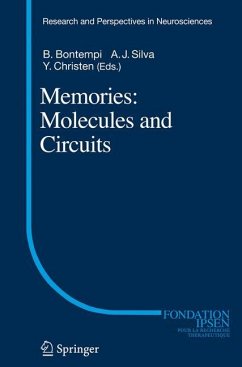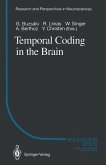Memory can be typically de?ned as the brain function enabling the encoding, storage and retrieval of sensory information. In operational terms, this de?nition implies that our central nervous system not only processes various sensory modalities, be they visual, tactile, auditory, olfactory or gustatory, but is also capable of forming, organizing and conserving memory traces for extended periods of time. At both psychological and physiological levels, there is now a consensus that memory must no longer be seen as a unitary phenomenon but rather as an ensemble of dynamic processes, each one being subserved by different brain regions organized into multiple memory systems that support different forms of memory and that constantly interact to ensure optimal performance during any given cognitive challenge. Despite remarkable progress achieved over the last 30 years in our understanding of the neural bases of cognitive processes and associated pathologies, the questions of how, where and when memory traces are formed in the brain remain central issues and continue to fuel much debate in the ?eld of cognitive neuroscience.
Bitte wählen Sie Ihr Anliegen aus.
Rechnungen
Retourenschein anfordern
Bestellstatus
Storno








